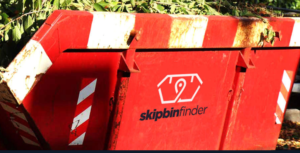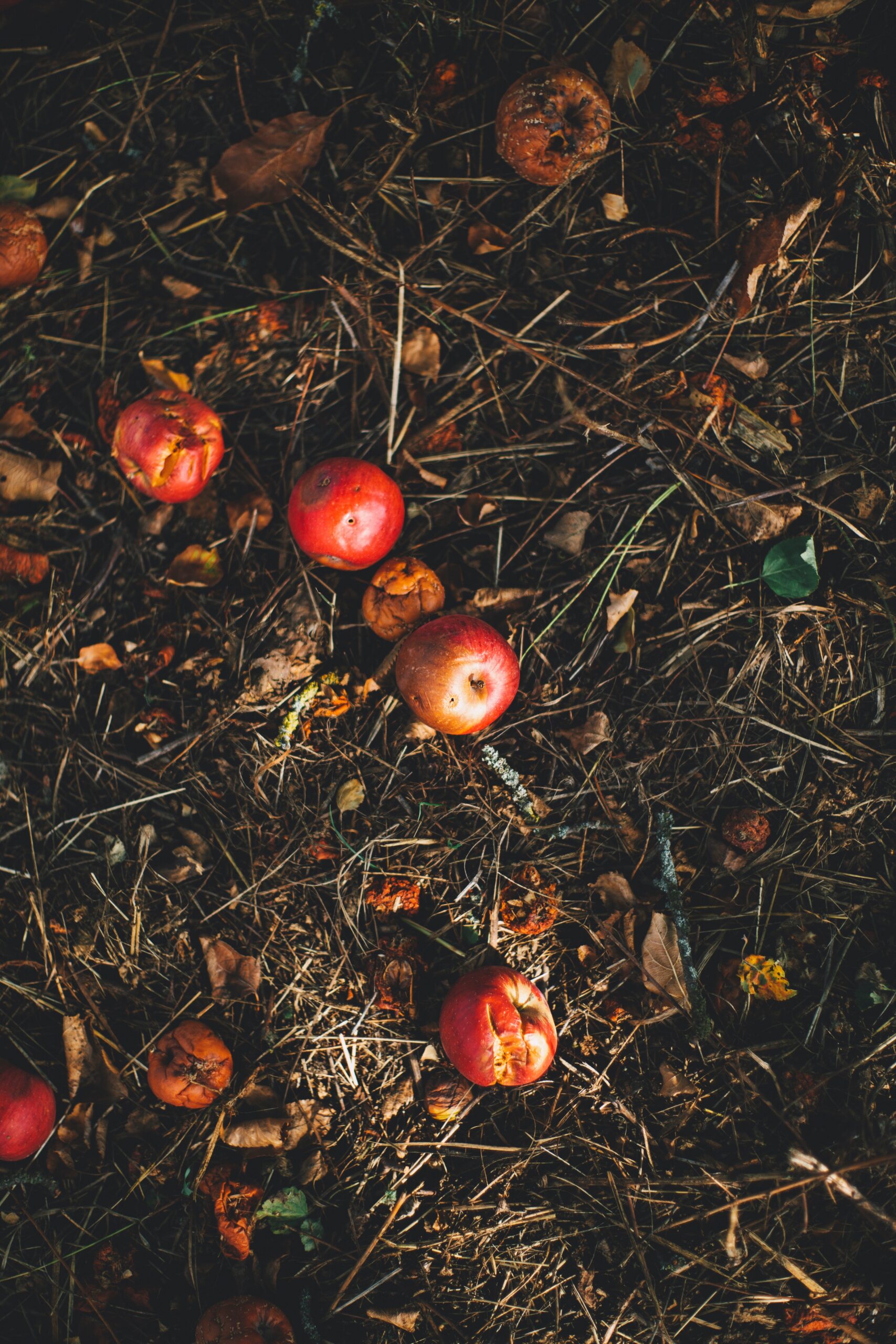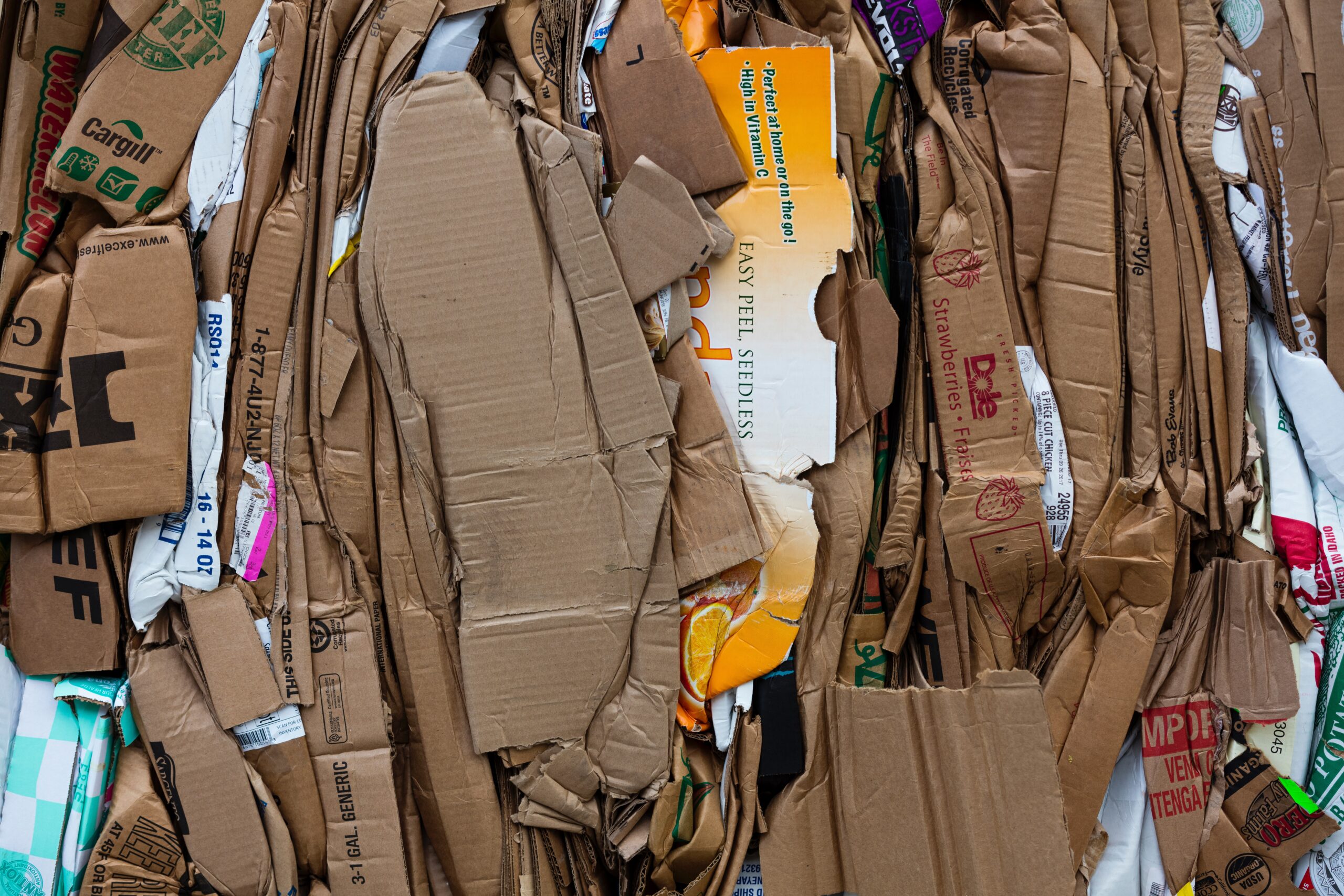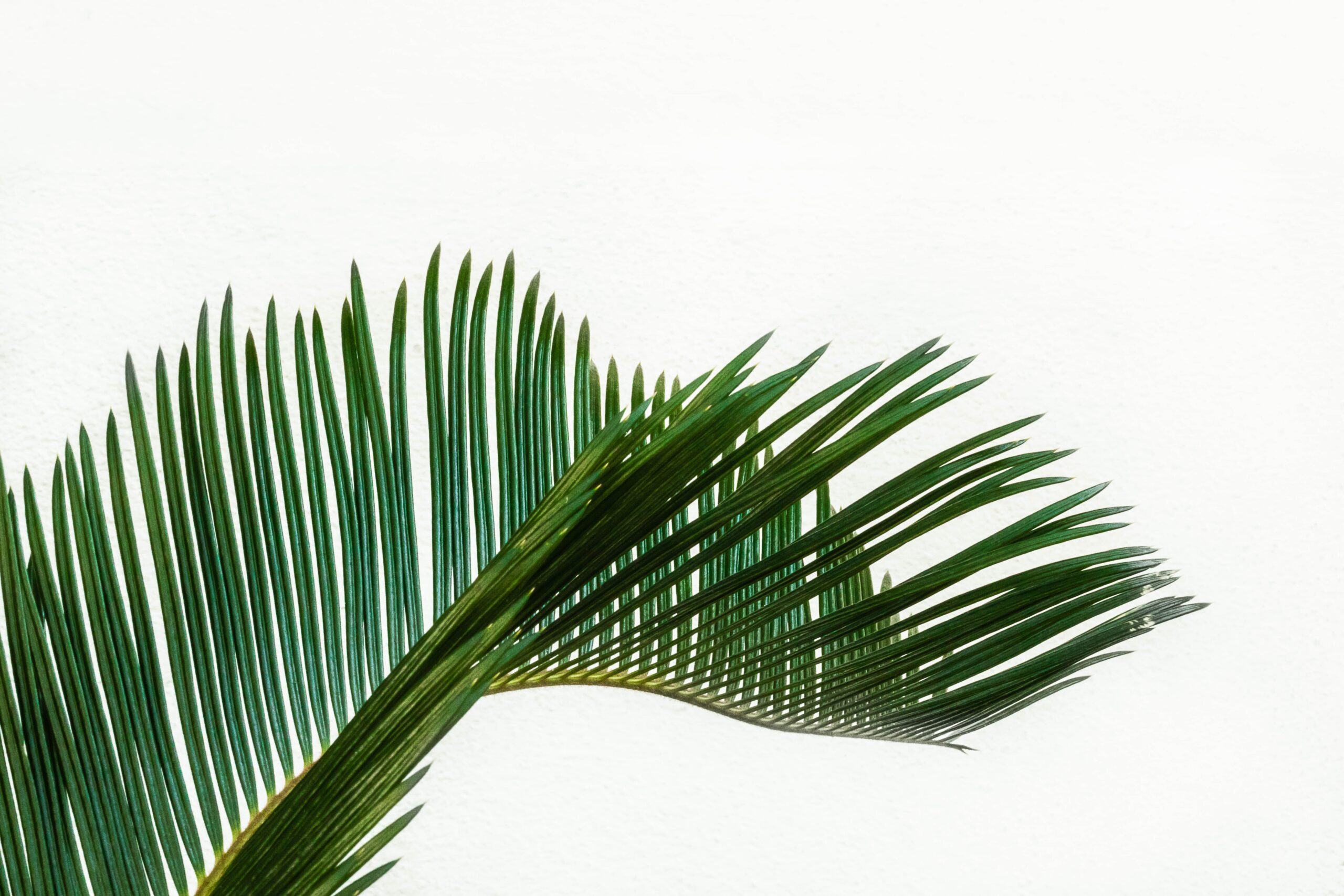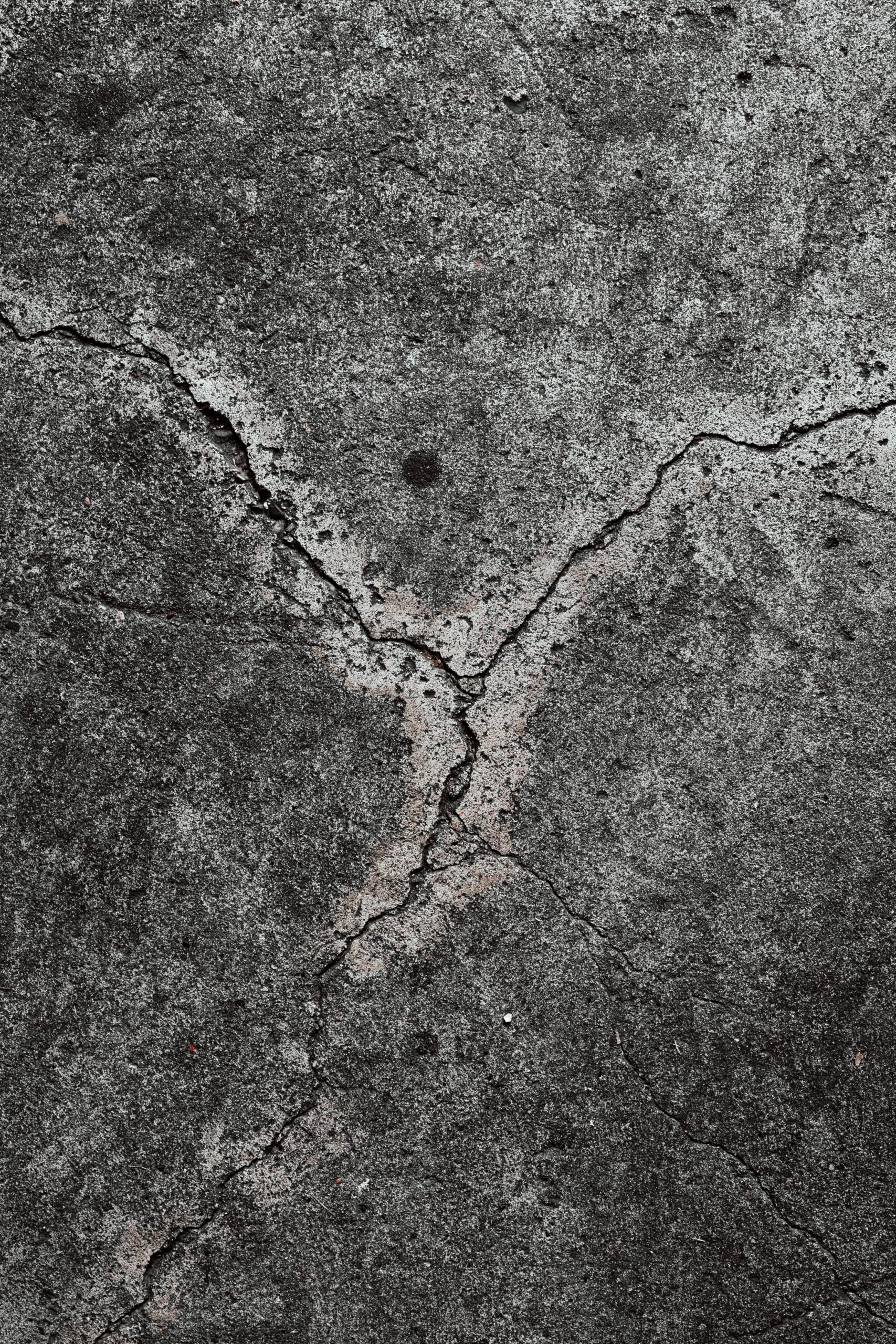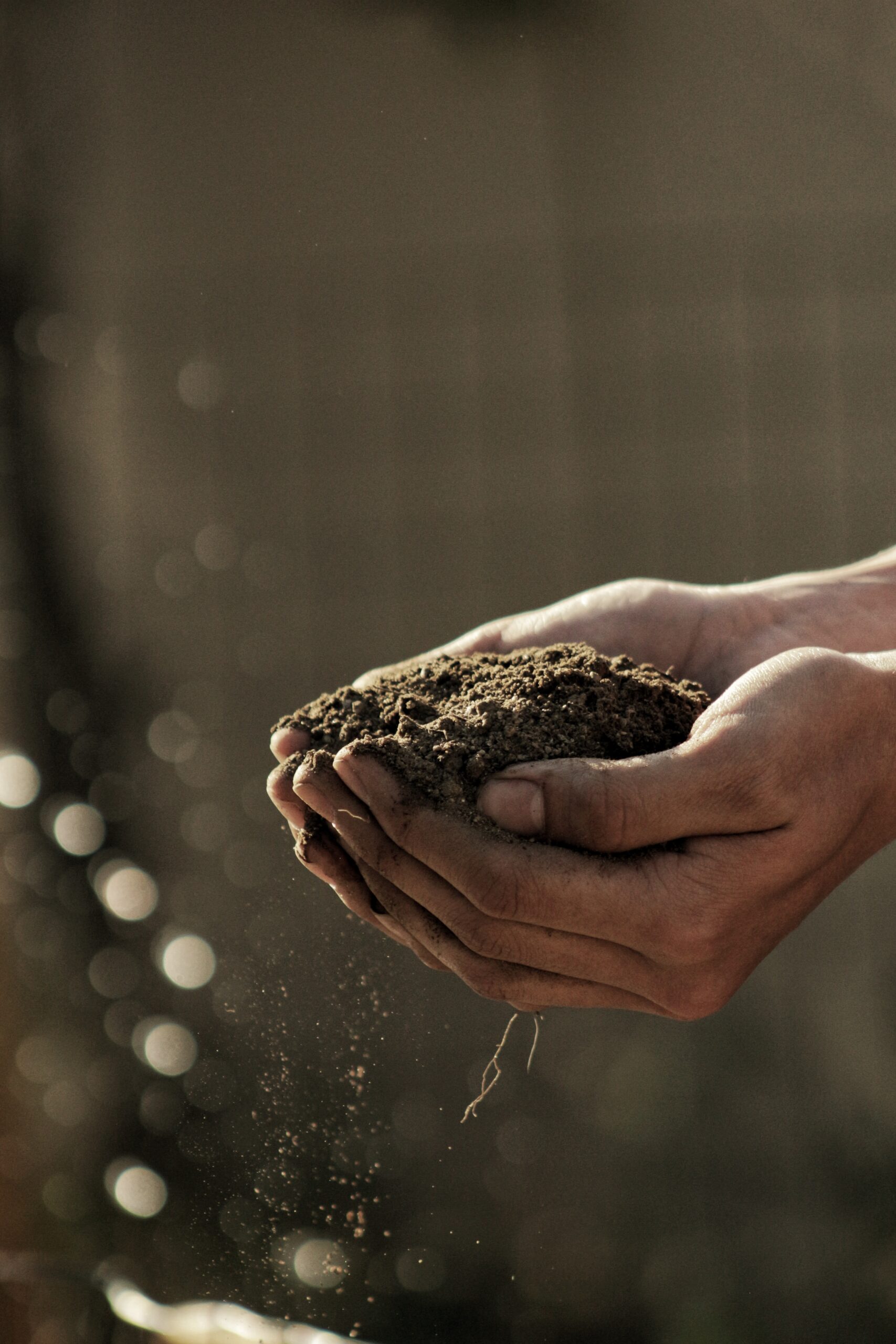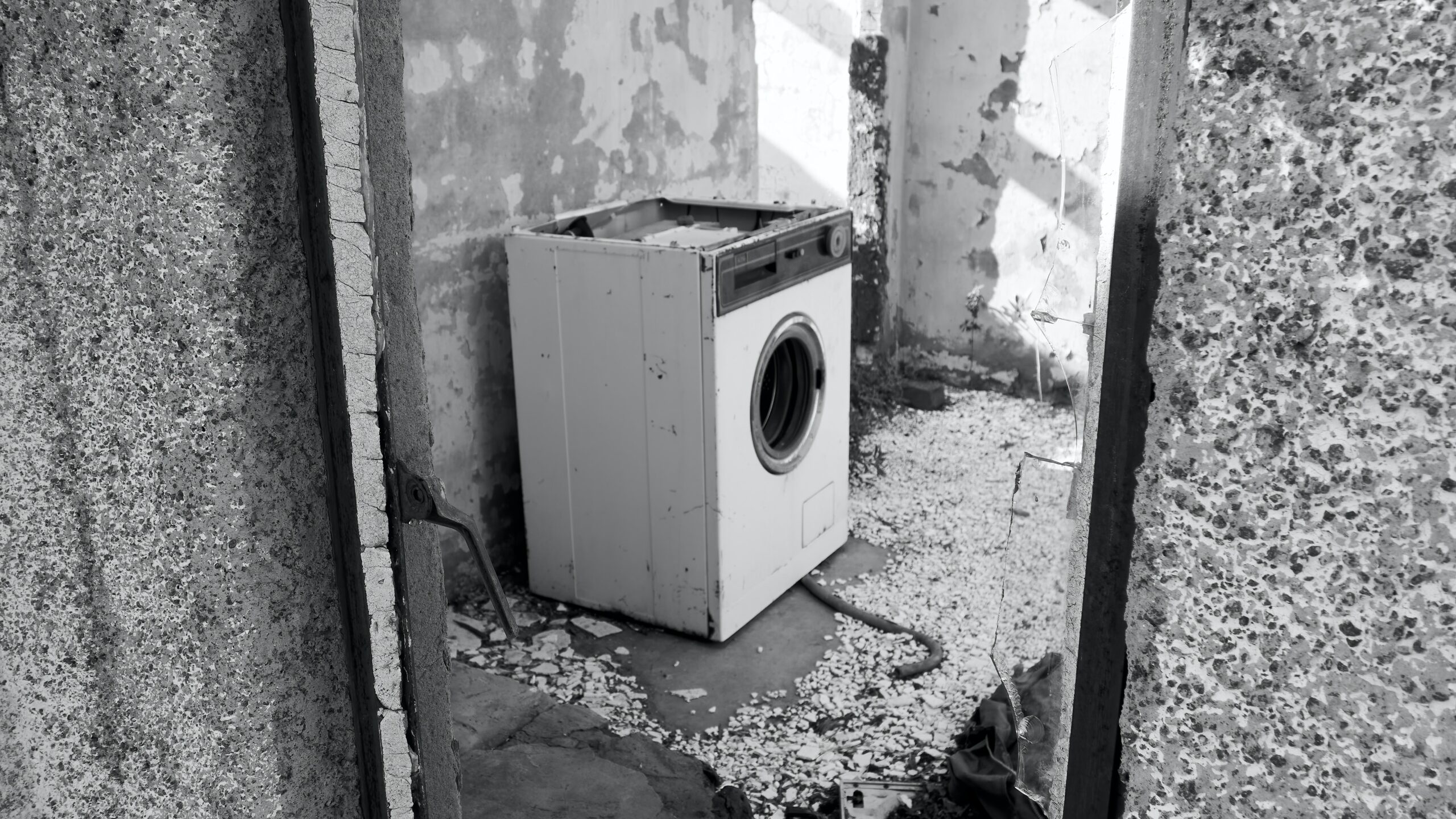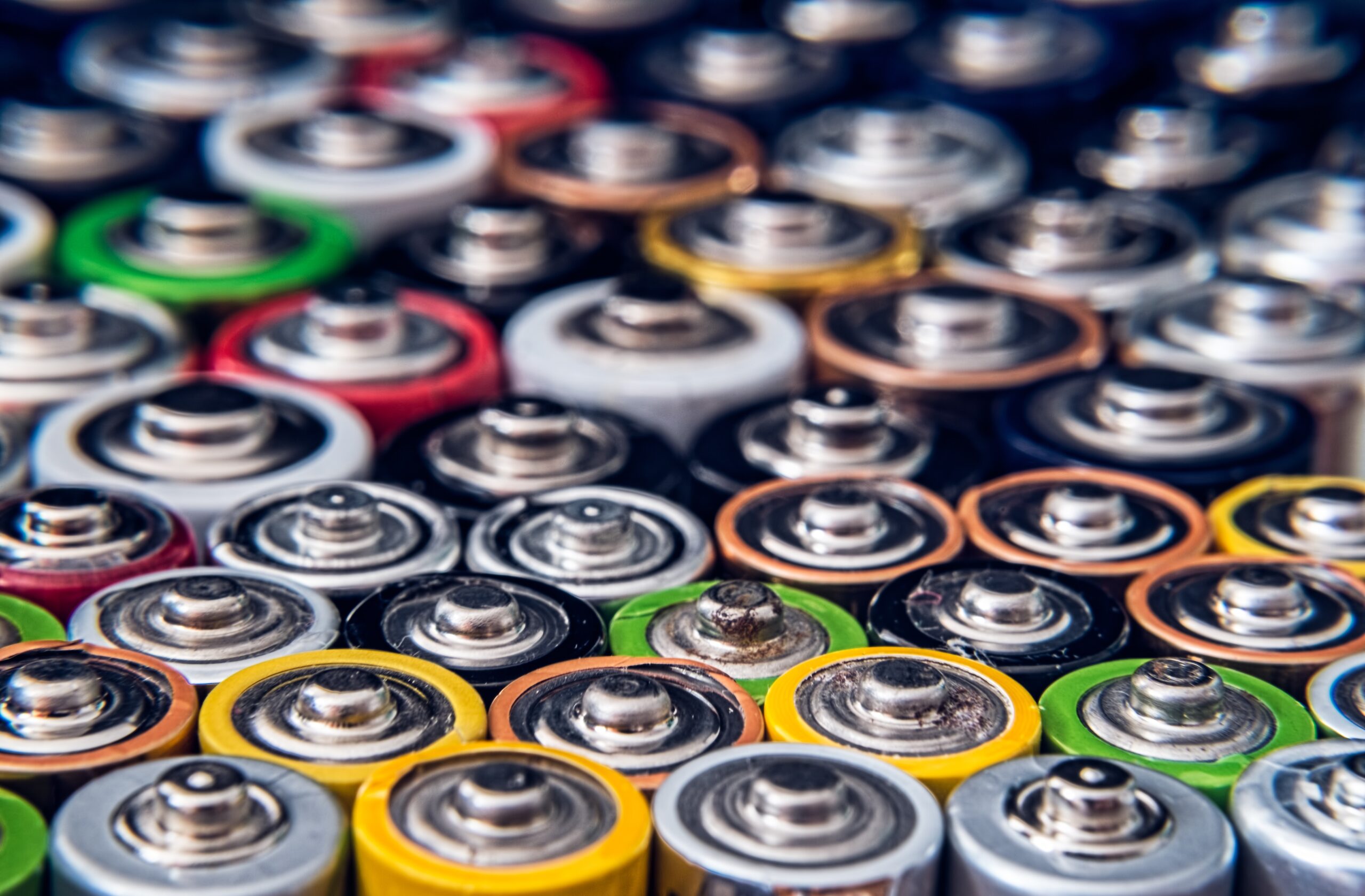Guaranteed Next Day Delivery!

What Can You Put in a Skip Bin in Sydney?
A guide to what you can put in skip bins in Sydney – (and what you can’t!) –
So you’re wondering ‘What can you put in a skip bin, in Sydney?’. If you’re planning to hire a skip bin in Sydney, you probably have further questions. This guide answers them all, detailing what you can and cannot put in a skip bin.
Skip bins handle a wide range of waste. You can dispose of concrete, old furniture, timber, and more – efficiently.
However, skip bins have specific guidelines for different waste types to ensure proper disposal and recycling.
Many people new to skip bins get confused about what they can throw away. At Skip Bin Finder, our expert team and streamlined booking system simplify the process.
Our system guides you step by step, helping you select the right skip bin for your needs. Even if you’re new to skip bins in Sydney, you can book with confidence.
Different skip bins for different waste types
Most skip bin providers offer specialised bins for different waste types. This separation ensures recycling works efficiently.
Mixing all waste in one bin contaminates recyclable materials, making them unusable.
For example, green waste bins only accept garden waste. We collect this waste, transport it to recycling facilities, and turn it into compost.
This circular recycling reduces energy spent on processing rubbish.
Soil and dirt bins only accept soil and dirt, which we repurpose for land infill projects.
When you book a skip bin, check the types on offer and choose the one that fits your needs.
A breakdown of different skip bin waste types
General waste skip bins are popular for household clear-outs or moving. They come in various sizes to match different needs.
What Can You Put in a General Waste Bin?
- Household waste: Clothes, paper, cardboard, bedding, towels, kitchenware, bathroom accessories, duvets, cushions
- Light commercial waste: Office furniture like desks, chairs, stationery
- Furniture and appliances: Cupboards, lounges, washing machines, cots, beds, fridges, chairs, sofas
- Light building waste: Wood, flooring, wallpaper
- Light green waste: Shrubs, grass, leaves, twigs
What Cannot Go in a General Waste Bin?
- Hard, heavy materials: bricks, sand, concrete, tiles, clay, stones
- Soil or soil with turf
- Palm tree trunks, tree roots, turf
- Synthetic grass and carpets
- Hazardous items: asbestos, insulation, food, wet paint, chemical containers, liquids, or putrescible waste
What Can Go in a Green Waste Bin?
Green waste bins work best for garden renovations or projects that remove plants or small trees.
- Shrubs, grass clippings, leaves, twigs
- Small branches and palm fronds
- Woodchip and bark (no soil attached)
- Tree trunks <150mm diameter, <500mm long
- Untreated timber (contact us for treated timber)
What Cannot Go in a Green Waste Bin?
- Hard materials: bricks, sand, concrete, tiles, clay, stones
- Large tree trunks (>150mm diameter or >300mm long)
- Palm tree trunks and large roots
- Hazardous materials: asbestos, insulation, food, wet paint, chemical containers, liquids, or putrescible waste
What Can Go in a Concrete/Brick Bin?
- Acceptable: bricks, mortar, concrete (<600×600mm), roof tiles, floor tiles, pebbles, rocks, stones
- Prohibited: general, green or excavation waste, soil/turf, palm trees, sand, hazardous materials
What Can Go in a Soil/Dirt Bin?
- Acceptable: naturally occurring soil, dirt, and clay
- Prohibited: vegetation >10% of bin, general waste, contaminated soil, manmade materials, hazardous waste
What Can Go in a Mixed Waste Bin?
- Acceptable: hardfill waste (<600×600mm), treated timber, household items, furniture/appliances, green waste, small tree trunks (<300mm diameter, <300mm long)
- Prohibited: asbestos, insulation, food, wet paint, chemical containers, liquids, or putrescible waste
Waste That Cannot Go into Any Skip Bin
- Asbestos
- Insulation
- Food
- Paint
- Oil
- Chemical containers
- Liquids
- Batteries
Asbestos requires a qualified removal service. Councils provide safe disposal options for oils, paints, and batteries.
Choosing the Right Skip Bin
Choosing a skip bin in Sydney becomes easy once you know what goes in each type. Contact our team anytime—we provide advice and support based on years of experience.
Skip Bin Tips and Facts
Where to park: Place the skip bin on your property to avoid needing a council permit.
How long to keep: Keep the bin for a day, a week, or longer—Skip Bin Finder offers long-term hire for ongoing waste needs.
How to fill: Start with flat items at the base, then arrange remaining items like a puzzle to maximize space.
Home bookings: Decide placement in advance, be available for delivery, and inform neighbours if necessary. To book, visit our booking page, enter your postcode, select the skip bin type, and pick your delivery date. Our team is ready to answer all questions.
